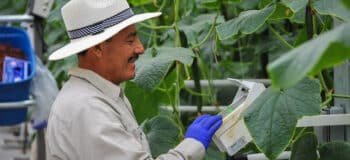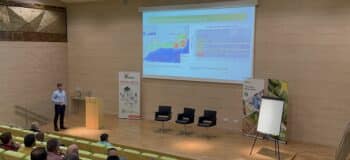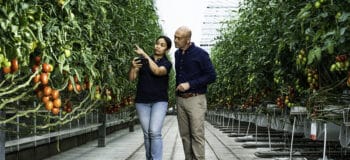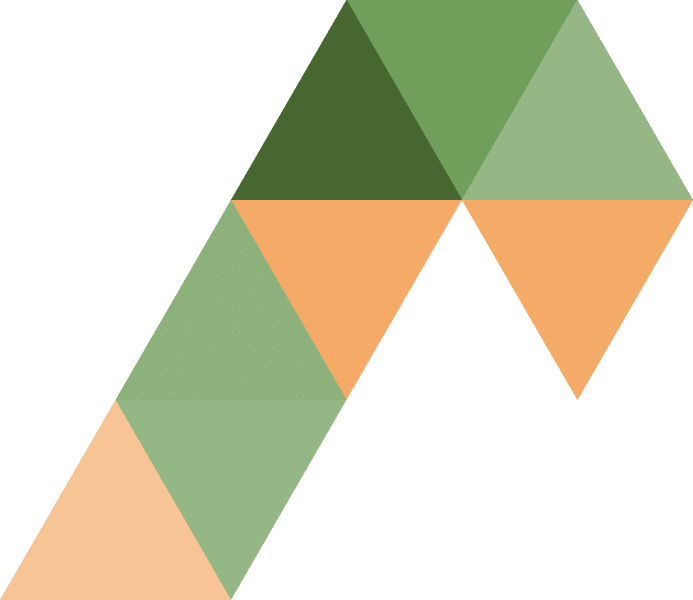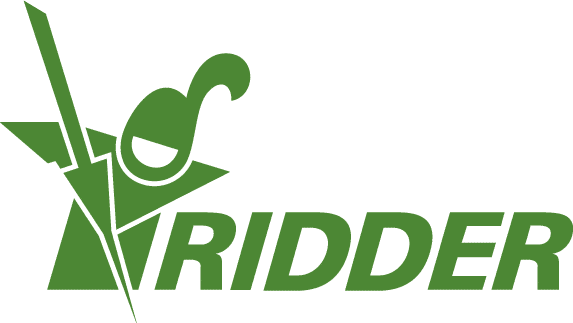23 September 2018
Digitalization crucial for improving sustainability of global agriculture and horticulture

In order to maintain its leading position as a global agrofood innovator, the Dutch horticulture sector must continue to be proactive in adapting to global trends and developments. Whereas the focus was previously on mechanization and automation, it will mainly be digitalization that plays an important role in advancing the sustainability of agricultural and horticultural processes in the future. Ridder CEO Klaas van de Poppe emphasized this last Sunday on Greenproject, a Dutch television programme broadcast by RTL Television.
Ridder on GreenTech
Each week, the Greenproject programme focuses on noteworthy developments in the areas of green innovation, sustainability and corporate social responsibility. To find out how valuable Dutch agrifood knowledge and innovations are made available worldwide, presenter Roel Kyvelos visited Ridder’s stand at the GreenTech trade fair in Amsterdam. “Various markets, challenges, cultures… how can you tailor your approach to each individually?”
Helping You Grow Your Way
According to Klaas van de Poppe, CEO of the Ridder Group, it is increasingly important to better tailor solutions and innovations to local conditions and the local knowledge level. He explains that because of the rapid global growth of protected horticulture there is tremendous demand for Ridder’s adaptive water systems, greenhouse drive systems, climate computers and climate screens. “We operate on three continents—North America, Europe and Asia—and our local people do their best to understand the specific wishes of the end users and the circumstances in which they must operate.”
Digitalization
In addition to developing pragmatic solutions, Ridder invests in knowledge sharing. One example is the virtual Ridder Inspirience—an accessible digital 3D environment that enables growers, anywhere in the world, to familiarize themselves with the comprehensive range of solutions that the Ridder group offers. This is an important tool for the international family business, because sharing knowledge and training growers locally poses enormous challenges. “The digitalization of knowledge will play an increasingly important role, so we have a great need for new talent in the field of software development to help us further digitalize our processes and solutions.”
Operating at group level
In the interview, Van de Poppe explains that Ridder is investing heavily in new developments to optimize the global integration of sustainable agriculture and horticulture. Because Ridder is increasingly presenting itself to farmers as a group, the brand has a strong visual identity and is enjoying greater recognition in the international market. “It is certainly our ambition to further exploit our strength as an organization to stay at the forefront with our innovations. After all, we have a position to maintain.”

